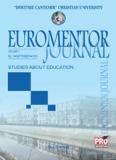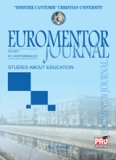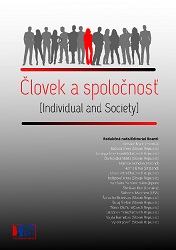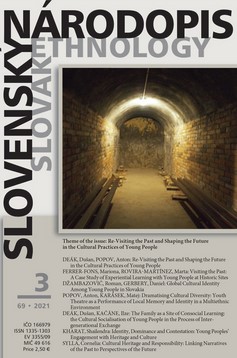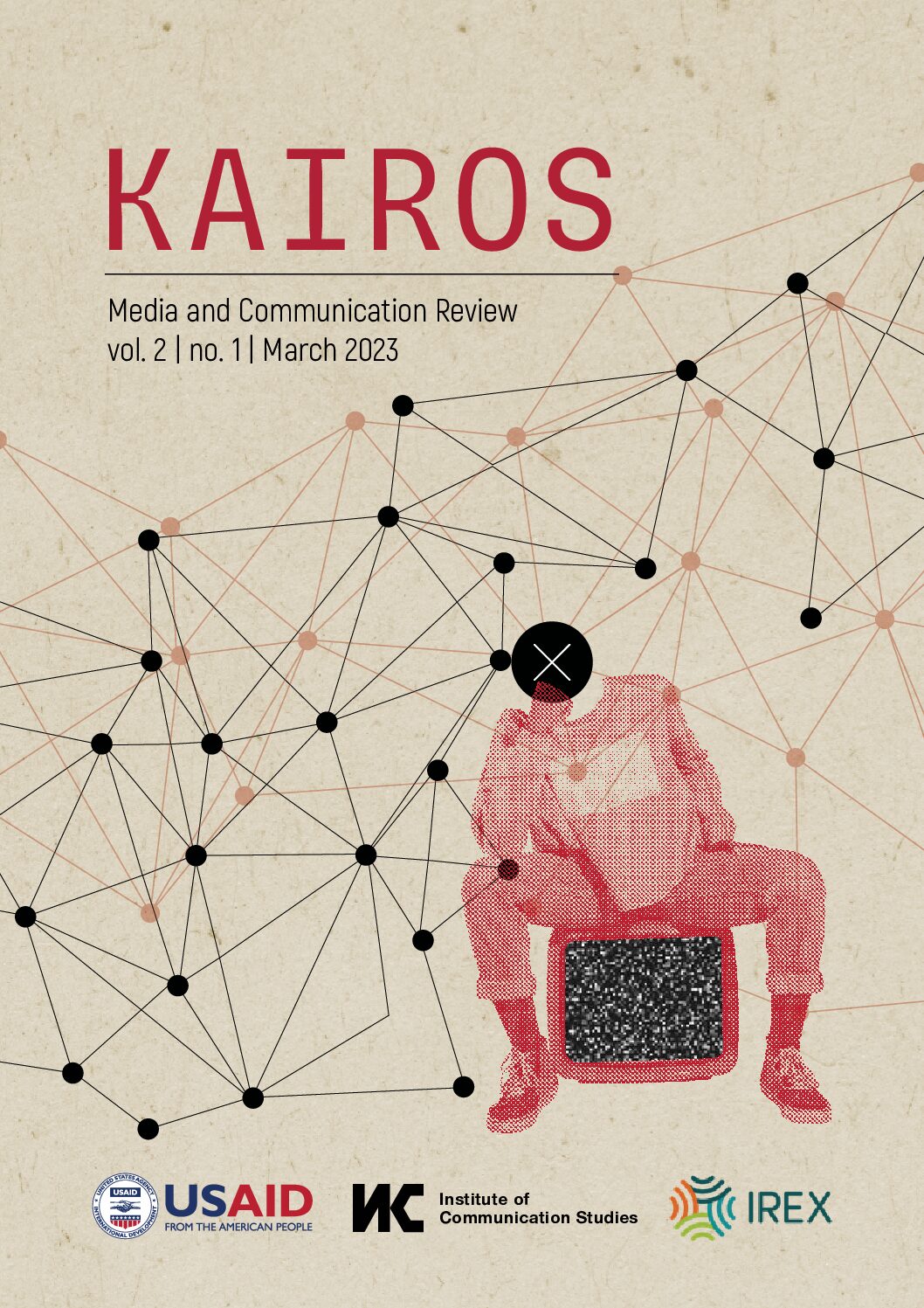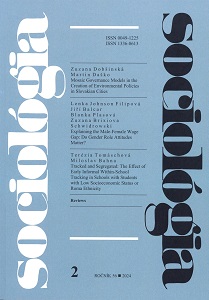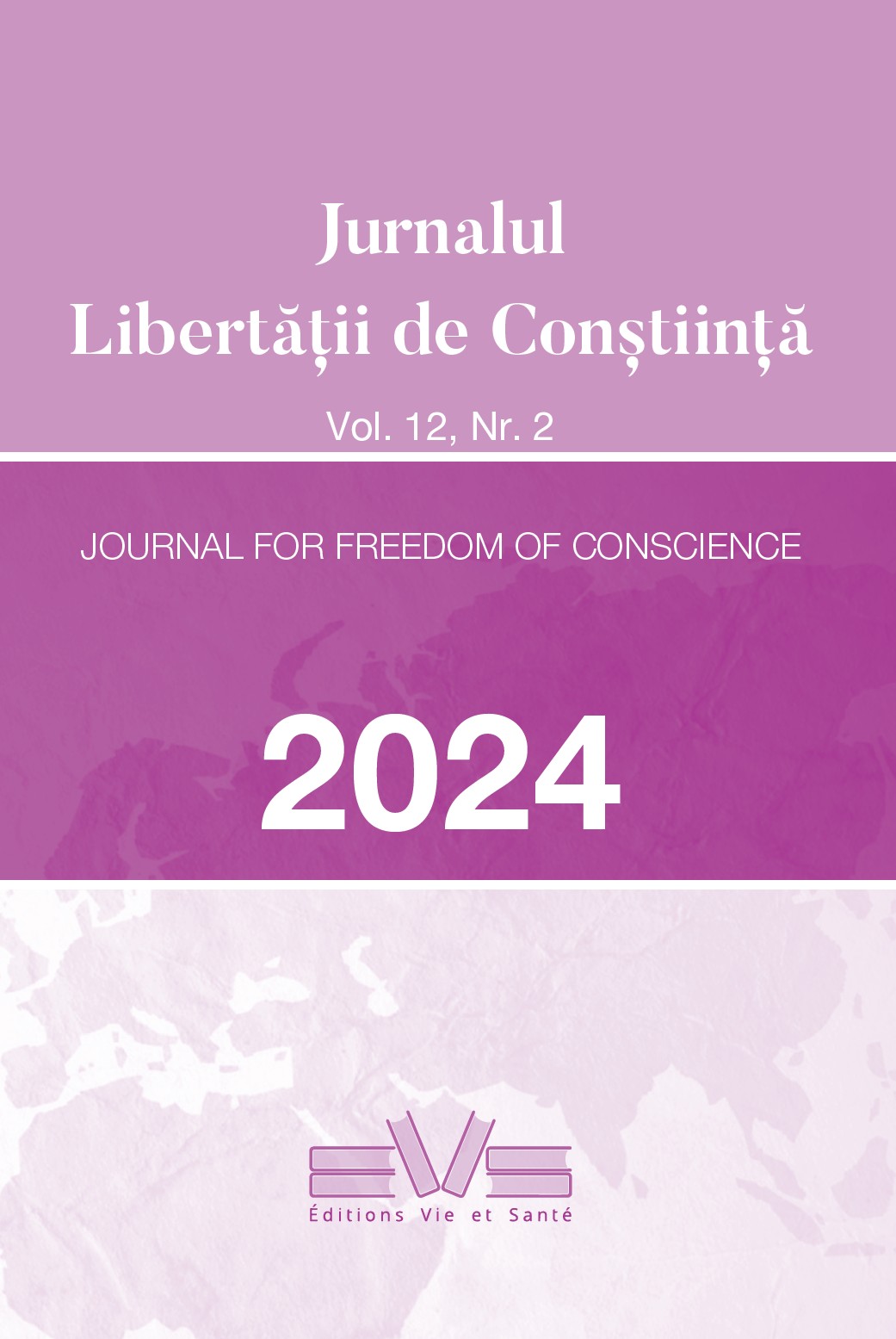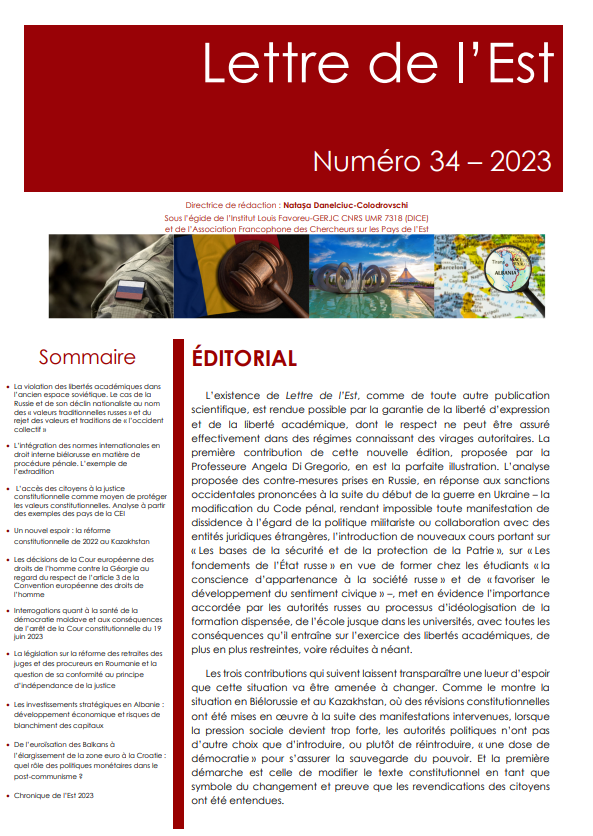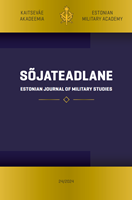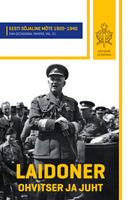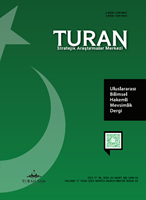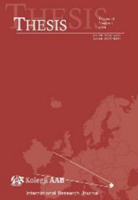Author(s): František Baumgartner,Eva Vancu,Kaltrina Kelmendi / Language(s): English
Issue: 4/2020
Research objective: Attention was devoted to a comparison of participants of school bullying in cognitive strategies of emotion regulation. We posed the question, if actors of school bullying used the same or different strategies of cognitive emotion regulation. The participants of bullying were divided into four groups according to their roles in bullying, these were: bullies (victimizers), bullied (victims), defenders (helpers) and non-involved in bullying (non-concerned). It was hypothesized that differences between participants exist in the applying of strategies of emotion regulation. Concretely, it was expected that defenders use different strategies than bullies and victims. We assumed that defenders mainly use adaptive strategies, such as positive refocusing, reappraisal, acceptance and planning. We also expected that bullies and victims are oriented to similar patterns of applying the strategies. These assumptions are based on different levels of emotional competencies. Method: Sample consisted of 489 children (254 boys and 235 girls, aged 12-13). Data were collected in twelve schools (25 classes) in Prague (Praha) and Budweis (České Budějovice), which covered areas of mixed socioeconomic backgrounds. The Cognitive Emotion Regulation Questionnaire – short version (CERQ-short) was used to measure cognitive strategies of emotion regulation. CERQ-short has 18 items (Garnefski & Kraaij, 2006). Peer nominations were employed to assess bullying, victimization and defend behavior. We used the modified version of the sociometric technique The Guess Who (Janošová et al., 2016). In this technique with 13 items a student is asked to read descriptive statements and then write down the name of the student who best fits that description. We asked children to nominate those classmates that they thought were bullies and victims. Children also had to nominate those classmates who often helped other children. Data processing consisted of determining the number of nominations for each child. In this way, we found 75 bullies (15.3 %), 45 victims (9.2 %), 108 defenders (22.1 %) and 161 non-involved children (32.9 %). A role was therefore attributed to a total of 389 children; the remaining 100 (20.4%) children did not meet the criteria for any role and were therefore not included in the analysis. Data were analyzed in software SPSS 21.0 for Windows. The descriptive statistics, reliability analysis, correlation analysis and MANOVA were used. Results: Results show that the roles in bullying (Wilks' Lambda=.882, F=1.51, p<.05), gender (Wilks' Lambda=.877, F=4.93, p<.001) and also the interaction of both (bullying and gender) these variables (Wilks' Lambda=.862, F=1.79, p<.01) influence the preferences of different strategies of emotion regulation. In the case of roles in bullying, three significant effects can be observed, namely in positive reappraisal (F=4.27, p<.01), selfblame (F=3.44, p<.05) and refocus on planning (F=2.90, p<.05). Inspection of the means shows that while defenders use all these three strategies more than other groups, victims use self-blame and planning lower than others. The score of bullies was the smallest in positive reappraisal. Boys and girls differ in four strategies. The boys more prefer positive reappraisal (F=4.83, p<.05) and other blame (F=10.54, p<.01), whereas the girls more accentuate two similar strategies; rumination (F=6.23, p<.05) and catastrophizing (F=8.89, p<.01). The interaction of both variables has significant effect in two strategies; acceptance (F=3.78, p<.05) and putting into perspective (F=3.27, p<.05). Girls use acceptance especially as defenders, and the least as victims. Conversely, boys accept mainly as victims and least as defenders. Boys put into perspective first of all as victims, and least as defenders. Girls prefer this routine as bullies and less use it as non-involved. Conclusion: The results indicated that participants of school bullying partly differed in the use of cognitive emotion regulation strategies. In the first hypothesis it was supposed that defenders would differ in reappraisal, planning, and also in acceptation and refocusing. This expectation was partly verified. Defenders indicated more frequent positive reappraisal and refocus on planning in comparison with other groups. It seems that they think about the situations in the classroom and they try to look for the solution to negative events. However, the defenders also scored higher on the scale of self-blame - possibly situations of bullying irritate them and invoke these feelings. It could be supposed that reappraisal and planning are the consequence of a sense of blame. The second hypothesis was formulated as an assumption of a similar pattern of preferences of emotion regulation strategies of victims and bullies. This assumption was essentially verified. Assessment of the answers of victimizers and victims show predominantly similar results. While self-blame is higher for bullies, positive refocusing and putting into perspective are higher for victims. These findings indicate that victims more cognitively elaborate the situations of bullying. Blaming others was more common in victims and attackers than in other participants. The obtained results are similar to the findings of Quintana-Orts et al. (2019). It can be assumed that the use of some strategies of cognitive emotional regulation may act as a protective factor weakening the incidence of bullying. Positive reappraisal can be mentioned in this regard. Others may have a risky effect, such as self-blame. However, further research is needed in this area, as other authors point out (Kowalski et al., 2014 Zych, Ortega-Ruiz, & Del Rey, 2015). In a similar way, the protective effect of empathy or social competence in the context of bullying and cyberbullying and, conversely, the risk of moral attachment or neuroticism was pointed to (van Noorden et al., 2015). Menesini and Salmivalli (2017) pointed out the importance of bystanders. Observers’ responses are crucial to eliminating bullying. Therefore, it makes sense to focus intervention programs on bystanders. Likewise, the results of our research showed that observers in the role of defenders differed from other participants in the situation.
More...

